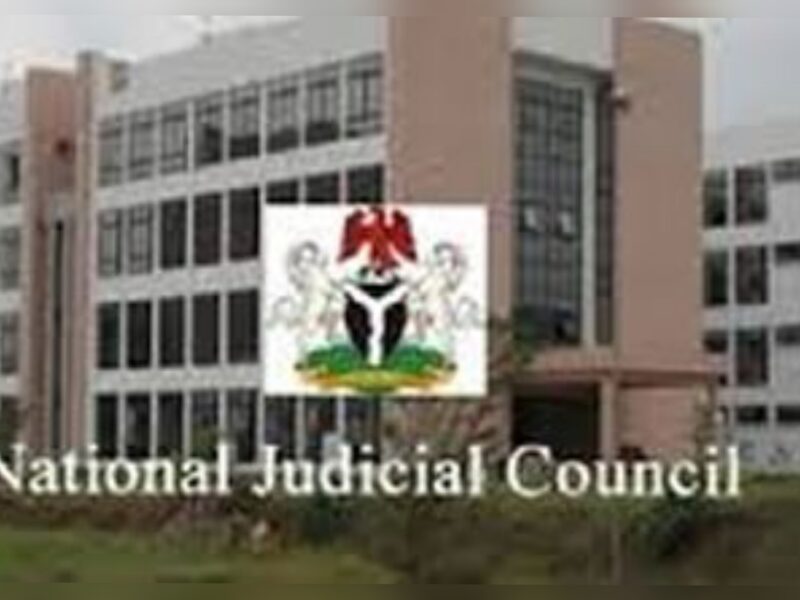The NJC stressed that the legislative process would include public hearings and input from various stakeholders before any constitutional amendment is finalized.
Abuja, Nigeria – The National Judicial Council (NJC) has expressed reservations over a proposed constitutional amendment by the House of Representatives that seeks to empower the Nigerian Bar Association (NBA) to investigate and sanction corrupt judges.
The bill, which was passed by the House on March 25, 2025, aims to alter the 1999 Constitution by granting the NBA the authority to receive complaints against judicial officers, review their defense, and take disciplinary action if necessary.
However, the NJC’s Deputy Director of Information, Kemi Ogedengbe, has questioned the legality and practicality of such a move. Speaking with Sunday PUNCH, she emphasized that the Constitution clearly designates the NJC as the body responsible for handling judicial discipline.
According to Ogedengbe, the process of sanctioning judges must follow established constitutional procedures, which require concrete evidence of misconduct. “Judicial discipline is not arbitrary; it is guided by due process. Accusations of corruption must be substantiated with evidence—either by catching the judge in the act or presenting verifiable proof,” she stated.
She also raised concerns about potential abuses if the NBA were given the power to discipline judges. Ogedengbe questioned whether lawyers, who frequently interact with the judiciary, might themselves be involved in corrupt practices.
“Corruption does not happen in isolation. If a judge is accused of wrongdoing, we must also ask: Who are the enablers? Could they be lawyers or members of the public? If the NBA assumes this role, how do we prevent possible misuse of power?” she queried.
The NJC stressed that the legislative process would include public hearings and input from various stakeholders before any constitutional amendment is finalized.
“This bill still has a long way to go. It must be passed by the Senate and ratified by the 36 state Houses of Assembly. During public hearings, stakeholders will express their views, and only then can we assess whether this amendment is viable,” Ogedengbe explained.
She added that while curbing judicial corruption is essential, any reforms must align with constitutional provisions and existing disciplinary mechanisms.
“This is just the beginning of the conversation. No law is perfect from inception. It takes thorough deliberation to craft a law that effectively addresses an issue while preventing unintended consequences,” she concluded.









Join our Channel...